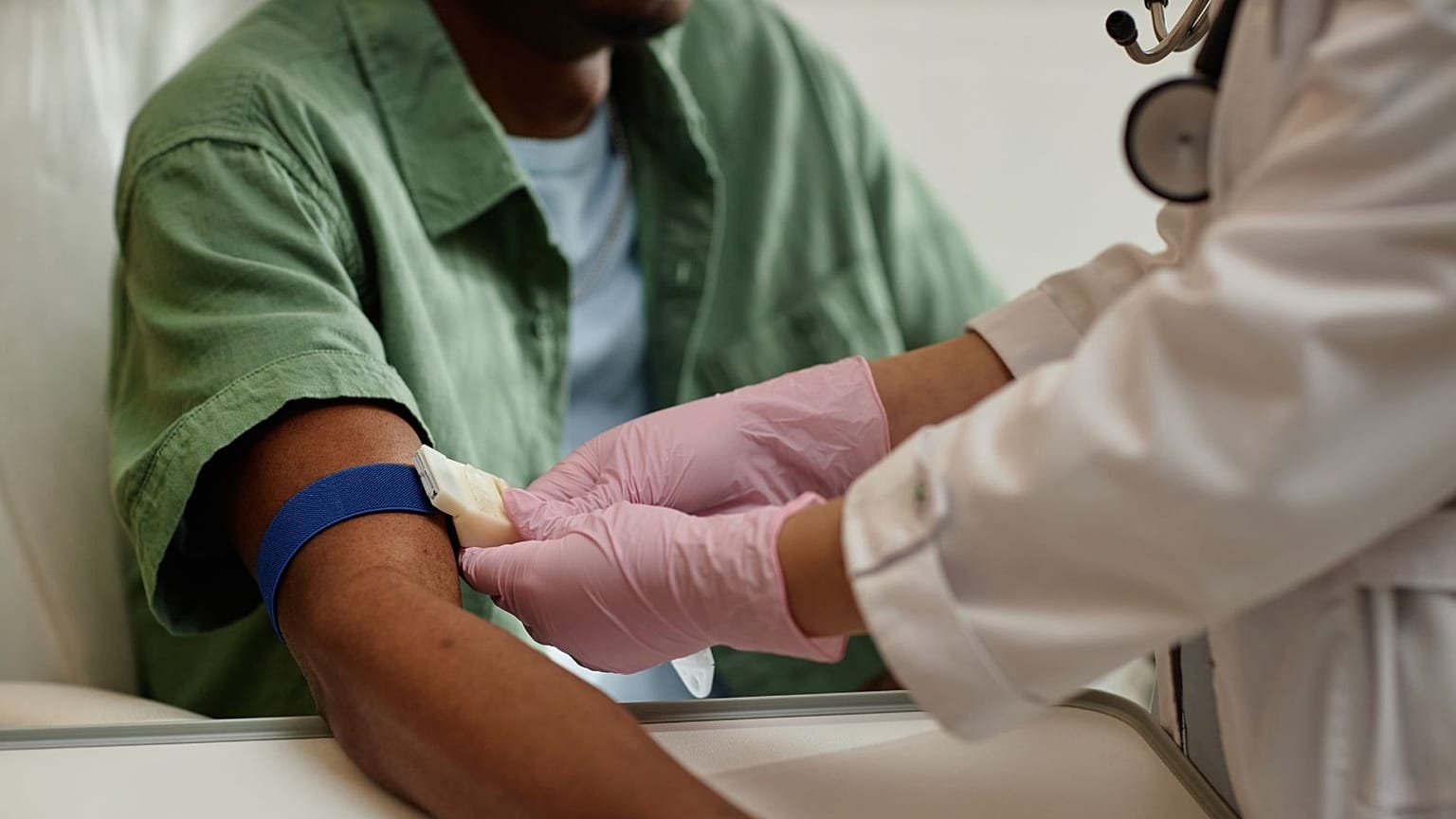Health
Blood Test for Prostate Cancer Reduces Death Risk by 13%

A recent study published in the New England Journal of Medicine reveals that blood tests designed to detect prostate cancer can significantly reduce the risk of dying from the disease by 13%. The findings indicate that for every 456 men invited for screening, one life is saved, highlighting the potential of prostate-specific antigen (PSA) testing in early detection.
The research began in 1993 and involved over 162,000 men aged between 55 and 69 from various European countries, including the Netherlands, Belgium, France, Finland, Italy, Spain, Sweden, and Switzerland. Participants were randomly divided into two groups: one that received regular invitations for PSA testing and another that did not. After a median follow-up period of 23 years, results showed that men who underwent screening were more likely to be diagnosed with prostate cancer, but at the same time, they were significantly less likely to die from it.
The study’s authors concluded that screening men who do not exhibit symptoms can lead to a reduced risk of death from prostate cancer. According to Ben Lamb, urology cancer lead at a London hospital, the benefits of such screenings may take many years to manifest due to the typically slow-growing nature of the disease. Lamb, who was not involved in the study, stated, “One life was saved for every 456 men invited for screening and every 12 men diagnosed with prostate cancer.”
Despite these encouraging findings, independent experts caution against the potential drawbacks of widespread screening. Some low-grade cancers grow so slowly that they may never cause significant health problems. Identifying these cancers can lead to unnecessary anxiety and unwarranted aggressive treatments.
Veeru Kasivisvanathan, an associate professor of urology at University College London, remarked, “Many of the cancers found may not have benefited from treatment, but patients would have been subjected to treatments and treatment-related side effects, which can include life-changing effects such as erectile dysfunction.” This highlights the delicate balance between the benefits of early detection and the risks associated with overdiagnosis.
Prostate cancer remains one of the most prevalent forms of cancer globally, with an estimated 330,000 new diagnoses reported in the European Union alone in 2022. As such, the authors of the study emphasize the need for future screening strategies to maximize the advantages of regular PSA testing while minimizing the risk of overdiagnosis.
Overall, the research underscores the importance of informed screening practices in combating prostate cancer, aiming to ensure that the benefits of early detection are fully realized without exposing patients to unnecessary harm.
-

 Top Stories3 months ago
Top Stories3 months agoTributes Surge for 9-Year-Old Leon Briody After Cancer Battle
-

 Entertainment4 months ago
Entertainment4 months agoAimee Osbourne Joins Family for Emotional Tribute to Ozzy
-

 Politics4 months ago
Politics4 months agoDanny Healy-Rae Considers Complaint After Altercation with Garda
-

 Top Stories4 months ago
Top Stories4 months agoIreland Enjoys Summer Heat as Hurricane Erin Approaches Atlantic
-

 World5 months ago
World5 months agoHawaii Commemorates 80 Years Since Hiroshima Bombing with Ceremony
-

 Top Stories3 months ago
Top Stories3 months agoNewcastle West Woman Patricia Foley Found Safe After Urgent Search
-

 Top Stories5 months ago
Top Stories5 months agoFianna Fáil TDs Urgently Consider Maire Geoghegan-Quinn for Presidency
-

 World5 months ago
World5 months agoCouple Convicted of Murdering Two-Year-Old Grandson in Wales
-

 World5 months ago
World5 months agoGaza Aid Distribution Tragedy: 20 Killed Amid Ongoing Violence
-

 World5 months ago
World5 months agoAristocrat Constance Marten and Partner Convicted of Infant Murder
-

 Top Stories4 months ago
Top Stories4 months agoClimbing Errigal: A Must-Do Summer Adventure in Donegal
-

 Top Stories4 months ago
Top Stories4 months agoHike Donegal’s Errigal Mountain NOW for Unforgettable Summer Views









